Sport
Dollar
38,2552
0.34 %Euro
43,8333
0.15 %Gram Gold
4.076,2000
0.31 %Quarter Gold
6.772,5700
0.78 %Silver
39,9100
0.36 %This young Kenyan designer's brand is turning heads on the high street by making fashion all about sustainability rather than splurging.
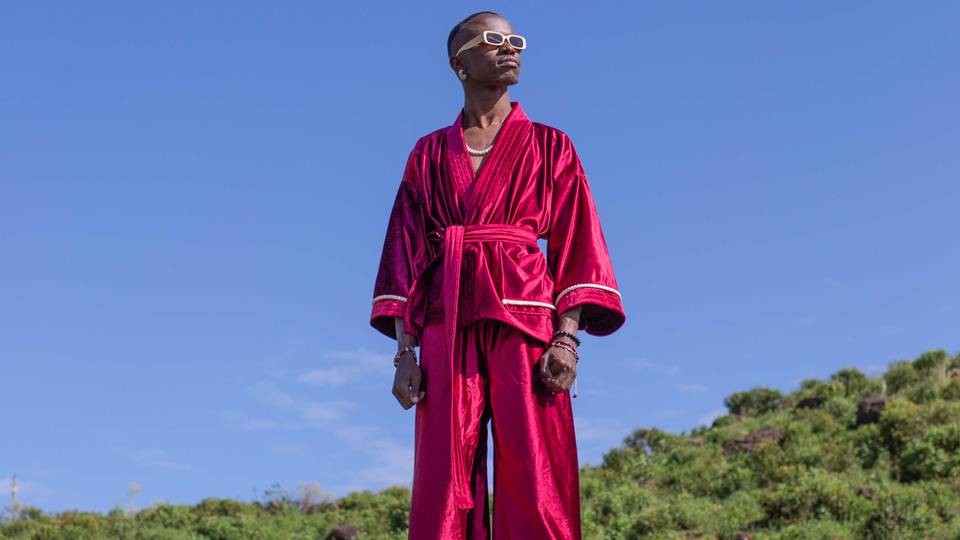
By Pauline Odhiambo
When Nairobi-based Yvans Conde took his first tentative steps as a fashion designer, he couldn't afford yards of new fabric to try his designs.
The adage, "Cut your coat according to your cloth", seemed limiting for a young man eager to showcase his creativity; so he chose the only other option available to him.
"I would redesign my mum's and sisters' old clothes to see if my ideas could work. Upcycling gradually became part of my brand aesthetic," Conde tells TRT Afrika.
As a practitioner of "sustainable fashion", the 28-year-old's vision is in no way constrained by his conscious decision to go down the less-trodden path in an industry that often peddles ostentation.
His canvas may be minimalist, but his designs draw inspiration from one of nature's most beautiful and elegant creations: the peacock.

When Conde wanted a name for his brand, he settled on "Tausi", which means peacock in the East African Swahili language.
This was many years after he learnt from his grandmother that his surname "Conde" translates into "peacock feathers" in the native Ugandan language.
"Tausi Conde" may sound tautological, but Conde stuck to what he believed would exemplify his brand.
Since being conceived in 2017, Tausi Conde has become a name to reckon with in sustainable fashion, inspired by the peacock and nature.
"I want people who wear my clothes to feel just as elegant and uniquely beautiful as a peacock," he says.

Eco-friendly fashion
While the idea of pegging Conde's prêt-à-porter line as ethical fashion was as coincidental as his surname matching his vision for the brand, he decided to stay on track even after resources were no longer a challenge.
"I can afford new fabric now, but I choose to upcycle. It appeals to me that what I do is good for the environment," he tells TRT Afrika.
According to State of Matter Apparel, a platform that advocates sustainable clothing, about 95% of clothing that gets thrown away can be recycled or upcycled. In reality, barely 15% of discarded clothes are recycled.
Fast fashion items are often worn less than five times, kept for roughly 35 days, and produce over 400% more carbon emissions per item annually than garments worn 50 times and retained for an entire year.
Conde says the idea of being part of an ecological cause galvanised his resolve to contribute to the ethical fashion industry, which is projected to be worth US $ 8.3 billion by 2025.

Carpet robes
Conde is currently the lead designer of the non-profit brand Maisha by Nisria, which specialises in sustainable fashion. Maisha means "life" in Kiswahili.
"Taking discarded items and turning these into something more interesting is rewarding because it allows me to breathe new life into the old," says Conde, who leads a team of 10 comprising fashion assistants, tailors and students.
"Depending on the season, we create clothing from blankets, curtains, or other used fabrics that are ideal for the weather."
The brand's new Hayat Collection was designed in support of the Palestinian cause after Israel's genocidal onslaught on Gaza.
“Hayat means life in Arabic, and the designs in this collection celebrate the importance of upcycling while also highlighting the beauty of the traditional Arabic-Palestinian style," Conde explains.
The collection also honours one of Maisha’s co-founders, a person of Palestinian origin who recently passed away.

Role model for many
Most of the students in Conde's team are from local communities, including some from disadvantaged backgrounds.
"The better students are usually absorbed into the design team, and they are often the ones who are naturally adept at tailoring," he says.
Maisha by Nisria also supports local communities through a food programme for younger students in local schools.
Conde says his passion for supporting younger fashion enthusiasts stems from his school experience, recalling when he competed in the student category at the Kenya Fashion Awards.

"I studied fashion at Kenyatta University before taking a break to start working and learn more about fashion in the real world," he tells TRT Afrika.
"Showcasing my designs at different fashion events helped me gradually capture people's attention."
His advice to aspiring designers is to believe in the power of collaboration. "Don't be afraid to tie up with photographers, makeup artists and other fashion creatives because it is less expensive putting out a collection that way," he says.
"Just pick a specialty and focus on building your brand. Money will eventually come."
➤Click here to follow our WhatsApp channel for more stories.
Comments
No comments Yet








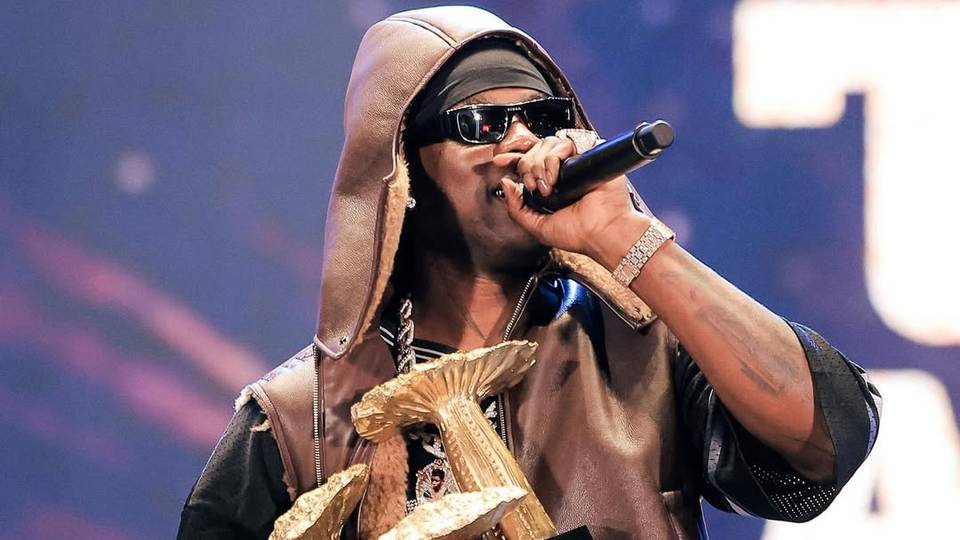
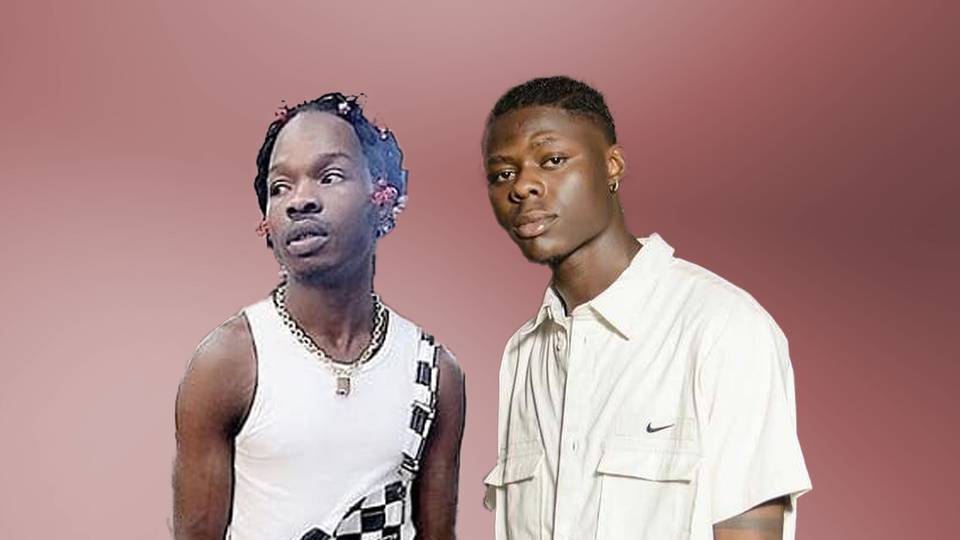
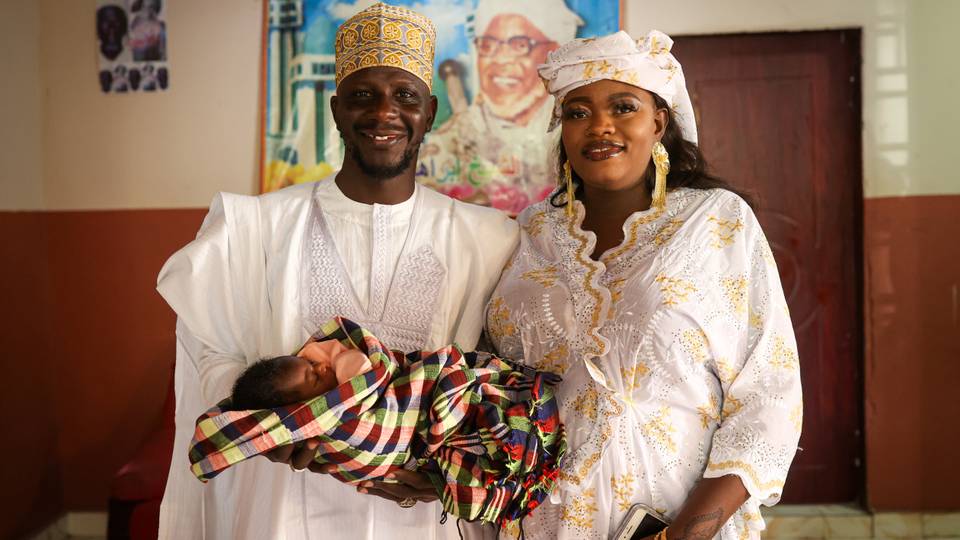
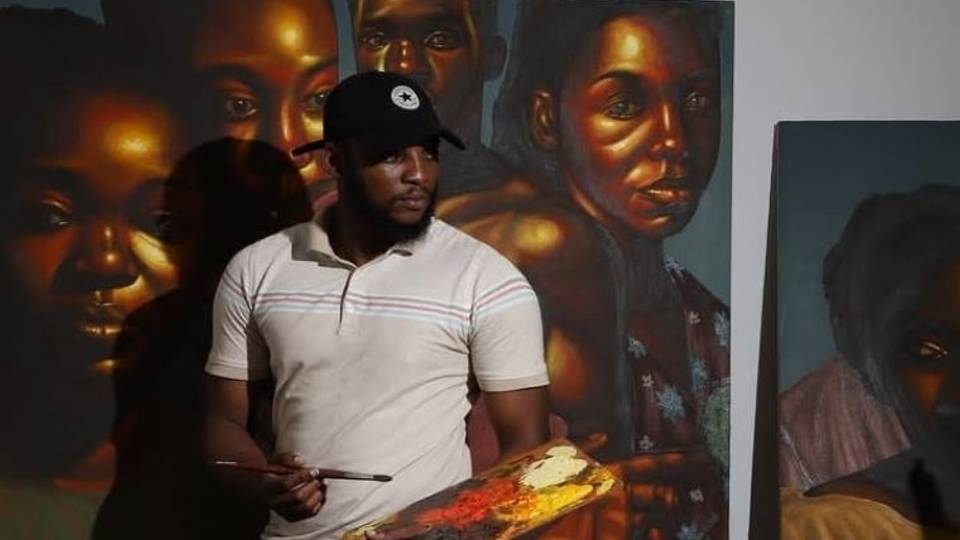








Comment